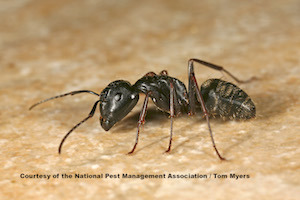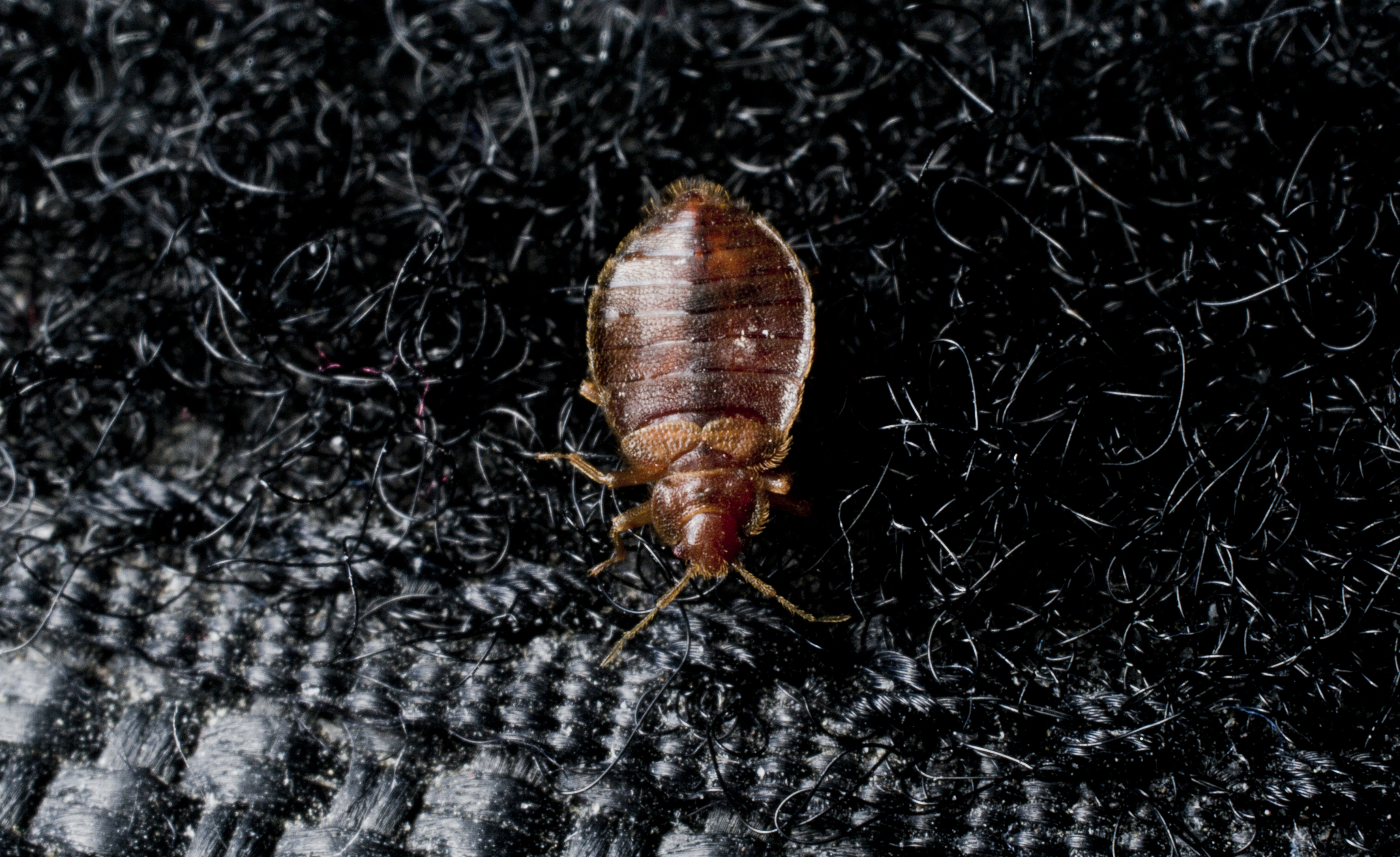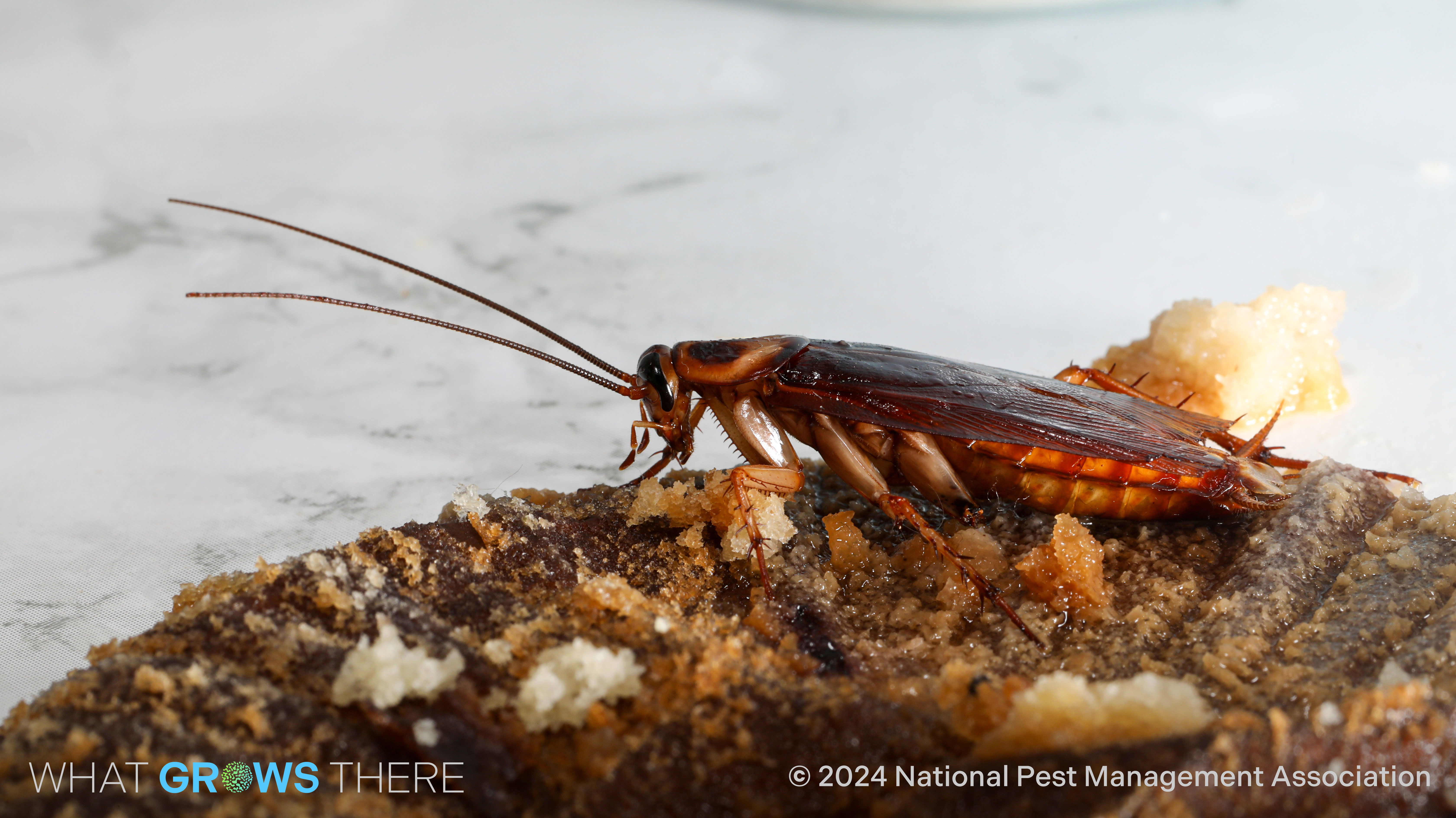Spring Allergy Sufferers May Not Find Relief Indoors
The National Pest Management Association shares how to keep homes free of allergens
FAIRFAX, VA (May 12, 2020) – While many people are experiencing an uptick in allergy symptoms this time of year, it’s important to be aware of indoor allergens that could be exacerbating symptoms. Household pests may actually be the cause of those runny noses, watery eyes and coughs many are experiencing, making pest prevention paramount to improving health this season. May is designated as Allergy and Asthma Awareness Month by the Allergy and Asthma Foundation of America (AAFA) and the National Pest Management Association (NPMA) is sharing ways to prevent pests from moving indoors and stirring up trouble.
“Pests like cockroaches, rats, mice and microscopic dust mites can be incredibly problematic to allergy and asthma sufferers when found inside the home,” said Cindy Mannes, vice president of public affairs for NPMA. “The saliva, droppings and decomposing body parts of these pests are known to exacerbate asthma and allergy symptoms, especially in children. With families spending more time at home than ever before due to vital stay-at-home recommendations in response to the COVID-19 pandemic, it’s never been more important to ensure your home is pest-free.”
With almost 600,000 online engagements in the U.S. in the month of March alone around concerns associated with pest-related allergens,* NPMA is sharing the below tips to help homeowners eliminate threats to their everyday health and wellbeing:
- Seal any cracks and crevices around the home, paying special attention to areas where utilities and pipes enter.
- Maintain a 50 percent humidity level in the house by properly ventilating basements and crawl spaces.
- Vacuum at least once a week using a vacuum with a HEPA (high-efficiency particulate) filter.
- Dust surfaces frequently using a dust rag or damp cloth.
- Clean or replace the filters in your furnace and air conditioner each month.
- Wipe surfaces daily, including counters, stovetops and sinks.
- Store food in airtight containers and avoid leaving pet food and water bowls out for long periods of time.
- Dispose of garbage regularly in a sealed trash bin.
- Wash blankets, throw rugs and bedding in hot water, or take them to be dry-cleaned.
- Contact a licensed pest control professional if an infestation is suspected.
For more information on pest-related allergens and prevention advice, visit PestWorld.org.
*Online engagement findings are a result of research conducted by Advanced Symbolics Inc.
###
About the National Pest Management Association
The NPMA, a non-profit organization with more than 5,500 members, was established in 1933 to support the pest management industry's commitment to the protection of public health, food and property from the diseases and dangers of pests. For more information, visit PestWorld.org or follow @PestWorld on Facebook, Twitter, Pinterest and YouTube.

Learn About Ants
Ants are a common pest homeowners struggle to eradicate. Learn more about them!

Bed Bug Pest Guide
Traveling for the holidays this year? Be sure to keep an eye out for bed bugs! Use our Pest Guide to help identify this pest.

NPMA's What Grows There? Project
Check out NPMA's What Grows There? project to learn how pests, such as flies, cockroaches and rodents, can spread germs throughout a home.

About the National Pest Management Association
The NPMA, a non-profit organization with more than 5,500 members, was established in 1933 to support the pest management industry's commitment to the protection of public health, food and property from the diseases and dangers of pests. For more information, visit PestWorld.org or follow @PestWorld on Facebook, X, Pinterest, TikTok and YouTube and @PestWorldOfficial on Instagram.

Learn About Ants
Ants are a common pest homeowners struggle to eradicate. Learn more about them!

Bed Bug Pest Guide
Traveling for the holidays this year? Be sure to keep an eye out for bed bugs! Use our Pest Guide to help identify this pest.

NPMA's What Grows There? Project
Check out NPMA's What Grows There? project to learn how pests, such as flies, cockroaches and rodents, can spread germs throughout a home.
